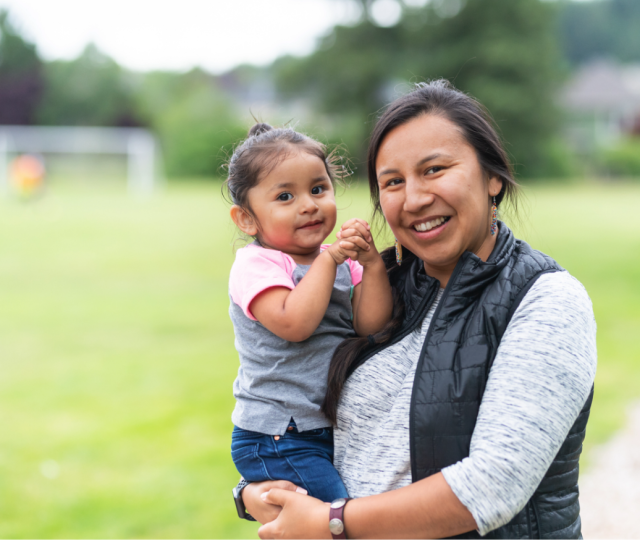Resources for Child Care Providers
To ensure that you are delivering the best care possible, and to meet the requirements necessary to obtaining and keeping your licence, you must comply with specific laws and standards, which are outlined in the resources on this page.
The specific laws and standards are different for a child care facility versus a community care home. For this reason, child care and community care homes are separated in the resources listed below.














